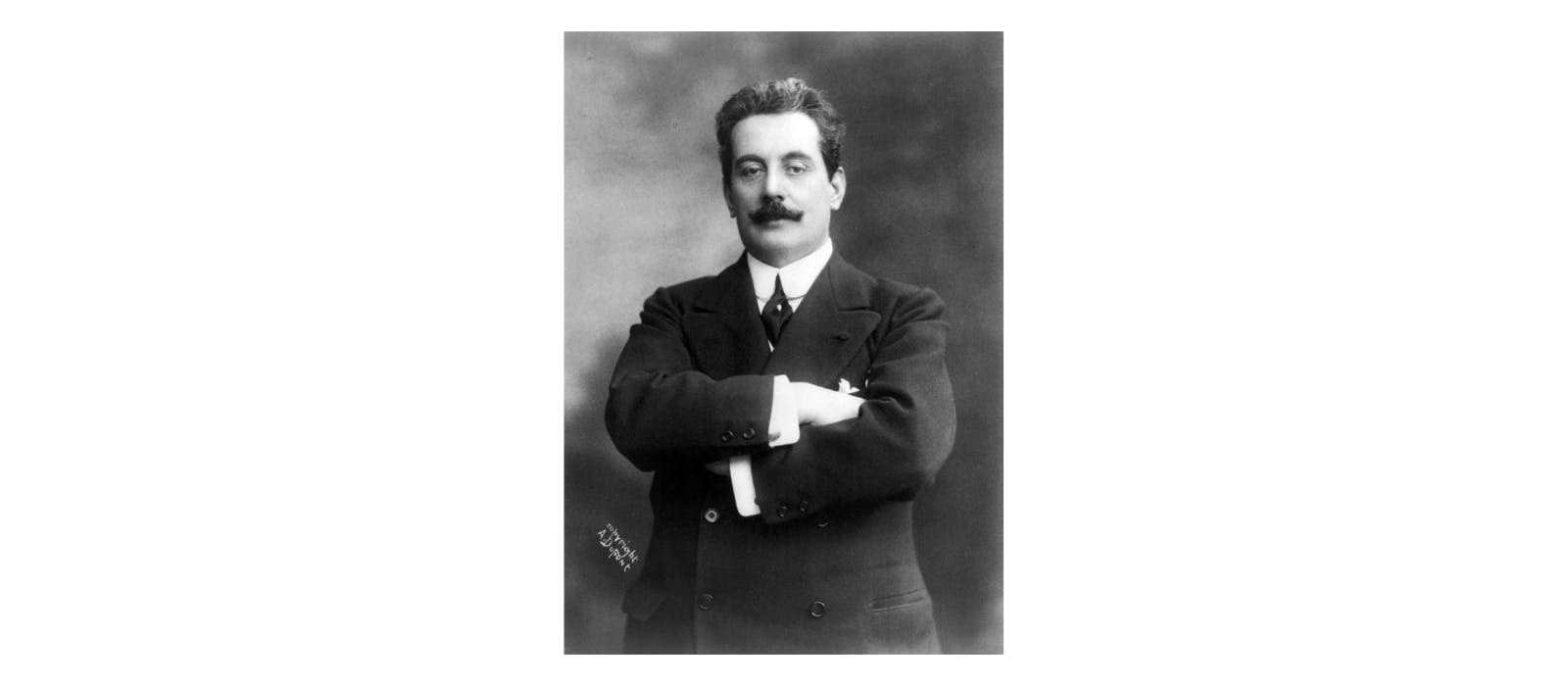

Sometimes called "fiordilatte", other times "portuguese milk pudding", or even "standing milk", this simple yet delicious pudding always keeps its essence: a dessert with fascinating origins, halfway between the Portuguese courts and Northern Italian traditions.
Here is the recipe for portuguese milk pudding, a delicate and creamy dessert that enchants with its simplicity. Just a few ingredients, skillfully combined, to create a moment of pure sweetness.

Portuguese Milk Pudding
Portuguese milk pudding: a delicate and creamy dessert that enchants with its simplicity.
Ingredients
- 1 liter of very fresh cream
- 4 sheets of gelatin
- 50 g of sugar
- ½ glass of mixed liqueurs: rosolio, anise, and rum
- Rum to taste
Method
- Bring the cream to a boil.
- Soak the gelatin sheets in cold water, squeeze them, and dissolve them in a bit of hot but not boiling cream.
- Strain the liquid through a sieve and pour it into the container with the remaining cream. Add the other ingredients.
- Take a mold, coat the bottom and sides with rum, pour in the mixture, and refrigerate overnight.
When ready to serve, wrap the mold with a cloth dampened in warm water to make it easier to turn out onto the serving plate.

From the Portuguese courts to Italian tables
Its origins are woven between history and legend. One version tells that this pudding was first served at the court of the De' Medici family during a visit from a Portuguese delegation. Another version, however, credits its direct import from Portugal in the 16th century, likely thanks to Tuscan merchants returning from a journey. From there, the dessert spread through the regions of Tuscany, Emilia-Romagna, Piedmont, and Lombardy.

From country tables to the pages of Artusi
This dessert found a place of honor among many rural communities, eventually becoming a staple on our tables, thanks in part to the composer Giacomo Puccini, who loved to end his meals with this milky delicacy. The definitive turning point, however, came with Pellegrino Artusi: in 1891, Artusi included the recipe in his famous book, offering it in three versions—vanilla, coffee, and coriander seed—thus cementing this dessert in Italian culinary tradition.